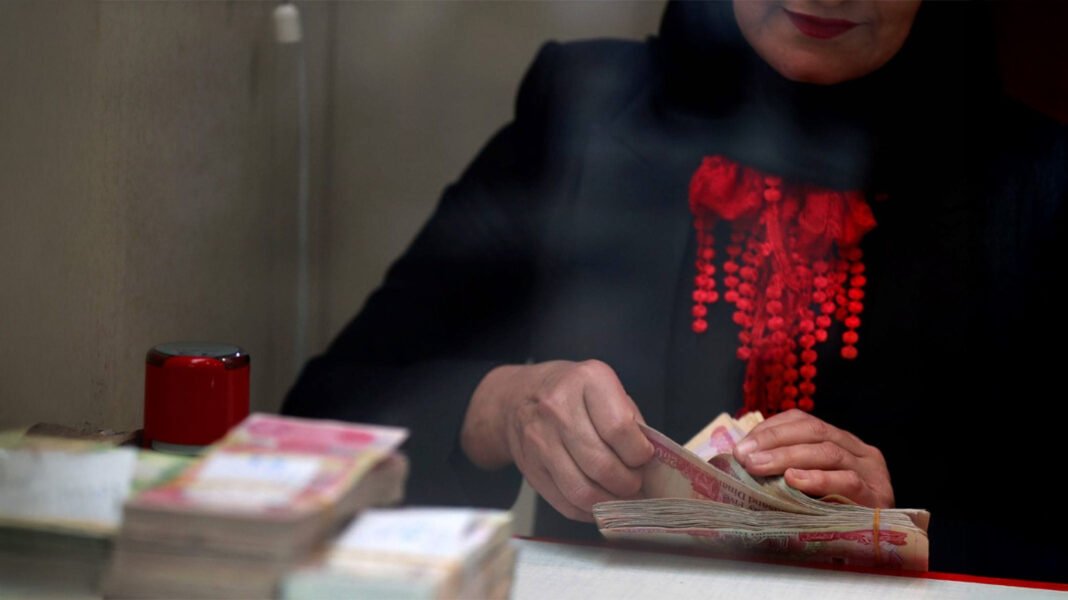In Iraq, fear is keeping money out of the banks and away from the economy. Many citizens no longer trust banks. Instead, they hide their savings at home. This trend is now known as Iraq’s hidden cash crisis—and it’s getting worse.
New data shows a shocking reality. Out of 105 trillion Iraqi dinars in total currency, only 20 trillion are in actual use. That means most of the country’s wealth sits unused. People refuse to deposit or invest it. This has created a dangerous financial freeze.
Therefore, the roots of Iraq’s hidden cash crisis run deep. For decades, Iraqis have faced war, corruption, and poor banking services. Many see banks as unsafe or even corrupt. They worry their money won’t be safe. For some, this fear comes from painful personal losses.
Additionally, Ahmad Alaa, a young Iraqi man, told his story to Kurdistan24’s Seif Ali. “I saved for years,” he said. “Then I invested in a car trade partnership. I was defrauded. Even after a court case and a confession, the thief walked free. Since then, I don’t trust anyone with my money.”
Additionally, fraud isn’t the only problem. Iraq’s economy faces more pressure from weak banks, high rent, and unstable exchange rates. These issues stop people from launching small businesses or opening savings accounts.
Moreover, economic expert Arkan Al-Shammari spoke to Kurdistan24. He said high costs and an unstable dollar stop citizens from starting new ventures. “Even when people want to invest, they can’t afford to,” he said.
The banking system offers little help. There are no strong guarantees. Few incentives exist. Iraq still lacks secure digital banking. For many, there are simply no good options to protect or grow their savings.
Moreover, Al-Shammari believes reform is key. He says Iraq must build trust and offer real rewards to savers. “Without an encouraging banking environment,” he explained, “people won’t risk their life savings.”
Meanwhile, the consequences of Iraq’s hidden cash crisis are massive. Iraq urgently needs investment for jobs, rebuilding, and economic growth. But the money is locked away—in homes, under mattresses, and outside the system.
In conclusion, without big changes, Iraq’s economy will stay weak. A huge pool of wealth lies unused. Until trust returns, the country’s future is stuck. Iraq needs reforms. Iraq needs security. Most of all, Iraq needs to break free from this invisible trap.


